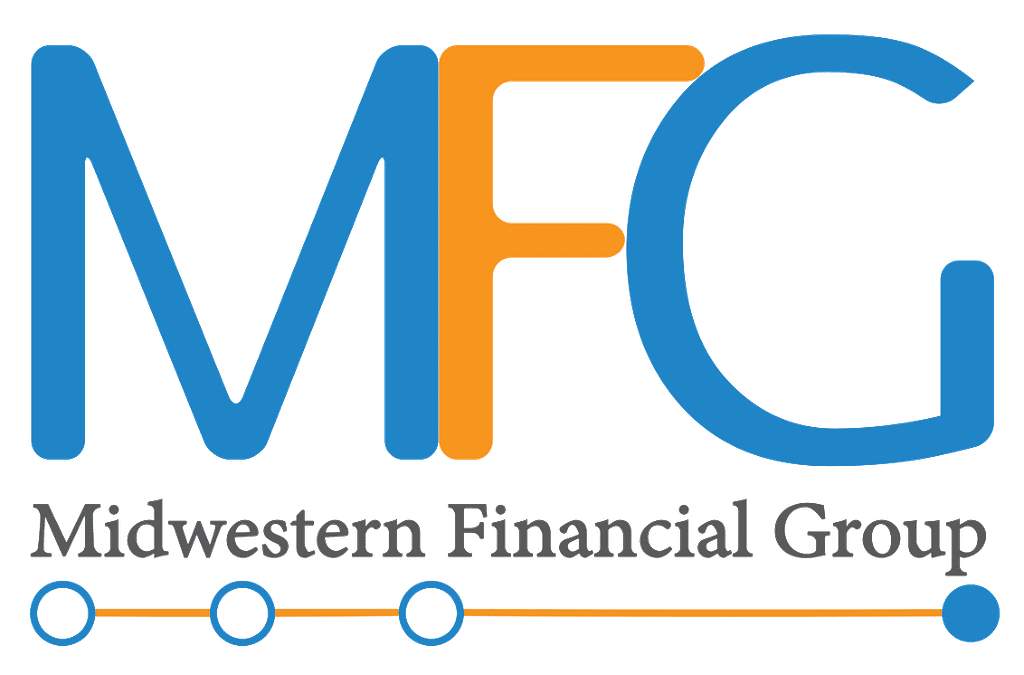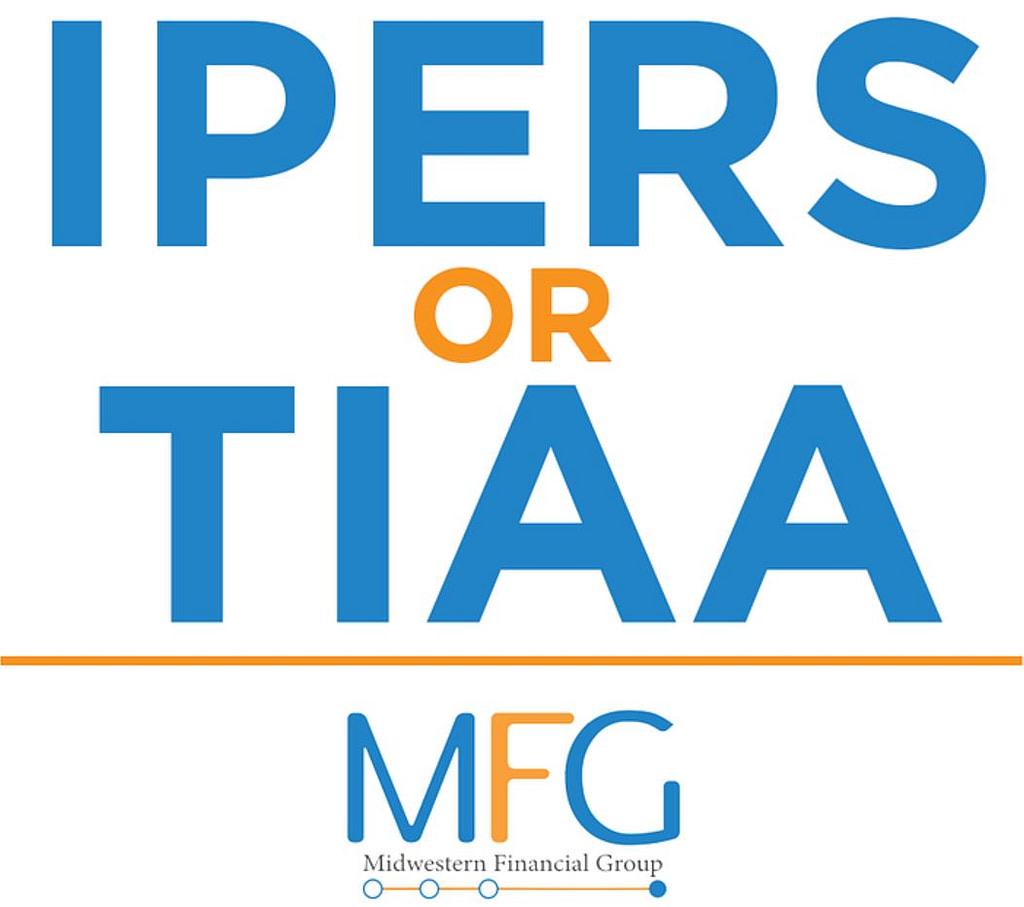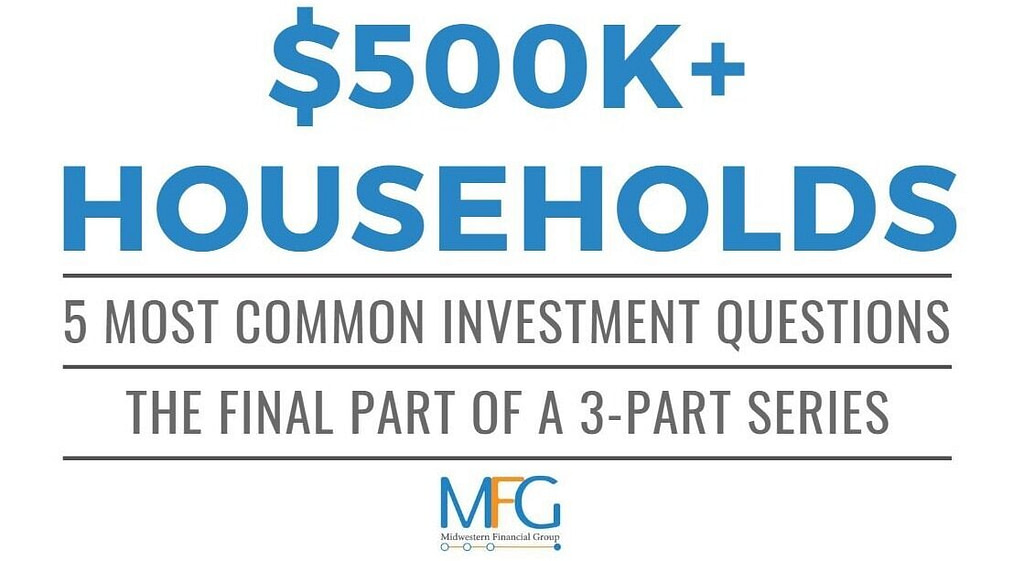Trajan Wells, University of Iowa, Finance BBA 2021
Walking into a world of financial advising, I’ve learned that from the classroom to the working world, concepts grow into real people. People come to financial advisors with emotions and lives that they want to get the most from. A financial advisor pours an active knowledge into assets under management to ensure a person’s emotional and careful biases don’t get in the way of their own interests that directly feed these emotions; a meeting with clients is entirely about learning how to best work with their emotions, values, and goals in mind.
In classes like Investment Management, I learned put from call, asset classes and how they function in a live market. Along with this came the ideas of bear and bull markets, economic boom and recession, and all the reactionary figures that make up a portfolio meant to help a client live the financially healthiest life possible. I was able to get an understanding of each piece of the financial cake.
The experience I’ve gained after, in the working world, has come from applying this knowledge of financial climate to the people that live in it. Working with emotions, biases, and the livelihoods of clients and even friends brings another side. With the change and flow of money and markets comes the change and flow of real people’s ideas and concerns.
A shift from technical to human
In other classes with technical concepts, like Corporate Finance, understanding the structure of a business and its valuation through countless formulas and cash flow models allows a person to understand what is truly important in creating an enduring business. Things like tax impacts and the weather outside can be just as equal deciding factors in choosing a way to run the business. These phenomena are seen extremely when I’ve been around cases of working with small businesses on their rise, where each week can determine the success of the month; each month, the success of the year.
What the university classes don’t tell you is that the driving forces behind making and managing money are the actual people and their individual abilities. Most of whom have an inherent need to be led.
Researching deeper into how to best build out portfolios of each complex client, finance evolves directly with the climate around it. In a time of increasing progressive science and understanding of climate change (along with many other socioeconomic factors), seeing directly how the companies we invest in and value use their standing and power to benefit the society and environment they exist in rather than just themselves, becomes just as important as the equity or security invested in. Specifically, I was given the chance to research ESGs, another rapidly growing way to invest in companies based on their environmental, social and governance values. Learning how a client’s values are directly applied into managing their money along with their own specific values has become a major game-changer as of late. Research and learning are constantly necessary to give clients a value in service that more than exceeds the costs, in managing their money and interests. Learning at all times is how to stay competitive and drive the forces of building wealth on our side.
During an interview with Forbes, Pathgather CEO Eric Duffy was asked, “Do you think university prepared you for your workplace and ‘real’ world?” Duffy responded by saying, “In the four years I spent studying architecture, we did lots of sketches and learned about design. But we never built a building. We weren’t involved in the process of building one.”
At MFG, I’ve so far been able to become an architect studying and watching builders of finance and portfolios who build and design the structures that clients almost literally live and breathe under. Building the financial house that clients live in starts with an intimate relationship of values, with the client and oneself. You don’t have to love a person, but you have to know them.
Finding identity through finance
In times of a pandemic, comes the realization that our financial markets can be a major indicator of balance and well-being of society. If each part of the economy can fully play their part, the markets and the people are able to work at the most efficient pace. All of this leads to experiencing client emotions and learning the way to communicate with them in a way that brings financial knowledge from the weeds to the garden. In school we build a relationship with concepts; in work we build a relationship with clients and their emotions.
Even in Tippie College of Business classes at the University of Iowa, management and investment skills are taught at a basic and corporate level, but the experience in learning and working through the lens of Pat and Joe has brought light to the leadership and management that comes with understanding the complexity of individual biases and emotions for each client. Then, communicating in a way that is respective to their interests and way of learning. Immersing oneself in the sea of biases allows for knowing the client better, creating a relationship that is mutually beneficial and guides rather than a one-size fits all approach.
Understanding the inherent bias of myself, finding a true identity in finance has been the ultimate challenge; one that continues to create additional challenges and brings necessary learning with each step into wealth management, advising, and working to improve the lives of clients and friends alike, in the world of finance.



